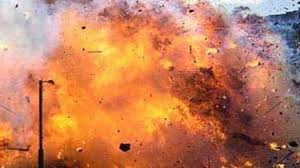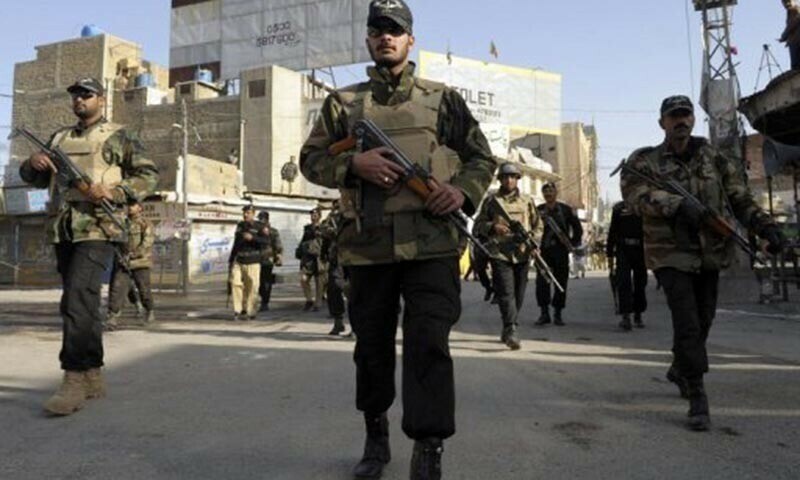MILITARY

Pakistan and India have started drawing down their military deployments along the border following a recent flare-up of conflict, Pakistan's top military official confirmed on Friday.
General Sahir Shamshad Mirza, Chairman of the Joint Chiefs of Staff Committee, told Reuters that both countries were close to returning to troop levels prior to the April 22 crisis. "We have almost come back to the pre-22nd April situation… we are approaching that, or we must have approached that by now," Gen. Mirza said while attending the Shangri-La Dialogue in Singapore.
The military tensions escalated after India blamed Pakistan—without providing evidence—for a deadly attack in the Pahalgam region of Indian-occupied Kashmir. In response, India launched airstrikes inside Pakistan in early May, killing civilians. Pakistan retaliated by downing five Indian jets, intercepting drones, and striking Indian airbases. A ceasefire was brokered with the help of the United States on May 10.
While the situation has de-escalated for now, General Mirza warned that the risks of future conflicts spiraling out of control had increased. "Nothing happened this time," he said in reference to nuclear weapons, "but you can’t rule out any strategic miscalculation at any time, because when the crisis is on, the responses are different.”
The most alarming concern, according to Mirza, is that any future conflict may not remain confined to Kashmir. “This lowers the threshold between two countries who are contiguous nuclear powers… in the future, it will not be restricted to the disputed territory. It would come down to the whole of India and the whole of Pakistan. This is a very dangerous trend.”
The lack of structured crisis management mechanisms between India and Pakistan, he warned, means international intervention may come too late to prevent damage. “The time window for the international community to intervene would now be very less,” Mirza said.
The Pakistani general also confirmed there were no current backchannel talks or informal communications between the two nations beyond the standard military hotlines. “These issues can only be resolved by dialogue and consultations, on the table. They cannot be resolved on the battlefield,” he said.
India’s Ministry of Defence and Chief of Defence Staff did not comment on the statement, but Indian Prime Minister Narendra Modi has recently reiterated aggressive rhetoric, threatening to strike "terrorist hideouts" across the border in case of future attacks.
Indian Defence Minister Rajnath Singh intensified that stance on Friday, stating that any future conflict with Pakistan would also involve India’s naval power. Speaking aboard the INS Vikrant, Singh said, “If Pakistan resorts to anything evil or unethical, it will, this time, face the firepower and ire of the Indian Navy.”
He also confirmed that 'Operation Sindoor'—India’s codename for the recent strikes—had been paused but not terminated. “Our forces had not even started showing their might,” Singh said, signaling India's preparedness for further escalation if needed.
Pakistan’s military referred back to its May 12 statement, which warned of a "comprehensive and decisive" response to any violation of its sovereignty.
The Shangri-La Dialogue continues in Singapore with both Pakistani and Indian military leadership present, though General Mirza confirmed there were no plans for a bilateral meeting with Indian Chief of Defence Staff General Anil Chauhan.
The region remains tense despite the ceasefire, and observers warn that without sustained diplomatic engagement, future flashpoints could escalate quickly, with broader regional and global consequences.




